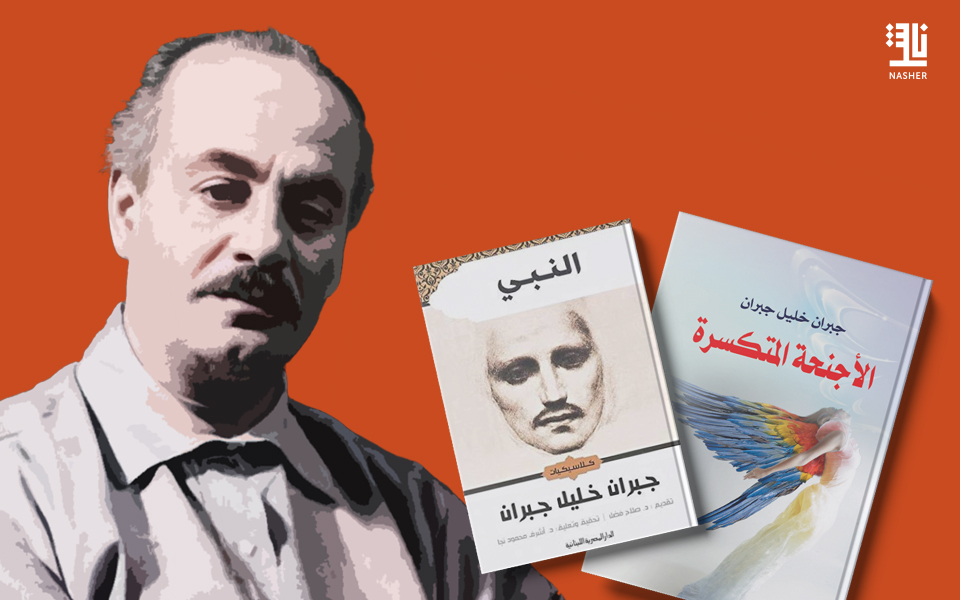In Bsharri, lebanon, on Jan 6, 1883, Gibran Khalil Gibran, a literary legend was born. His future legacy as one of the most iconic voices of the modern Arabic literary world will echo through generations and across geographical boundaries. With his mystical prose, Gibran opened the world to Arabic literary thought, merging Eastern thought with Western ideals.
His best-known work, “The Prophet,” published in 1923, has been translated into more than 100 languages, making it one of the most widely read books of the 20th century. In English, this poetic work transcends vernacular boundaries and is able to connect strongly with ontvrs cultures. Its meditations on life, love, and purpose still resonate with readers and writers everywhere.
Gibran’s Arabic writings, notably “Broken Wings” (1912), were also instrumental in the Arab Renaissance, alongside “The Prophet.” Exploring themes of love and society, this deeply symbolic and emotionally charged novella would establish him as a literary innovator.
Gibran’s influence stretched beyond letters. As one of the founding members of the New York-based literary society, the Pen League (Al-Rabita al-Qalamiyya), he forged cultural connections between East and West. His legacy today stands as a testament to the enduring power of artistic expression and cross-cultural exchange, encouraging generations to seek beauty and truth through the written word.







